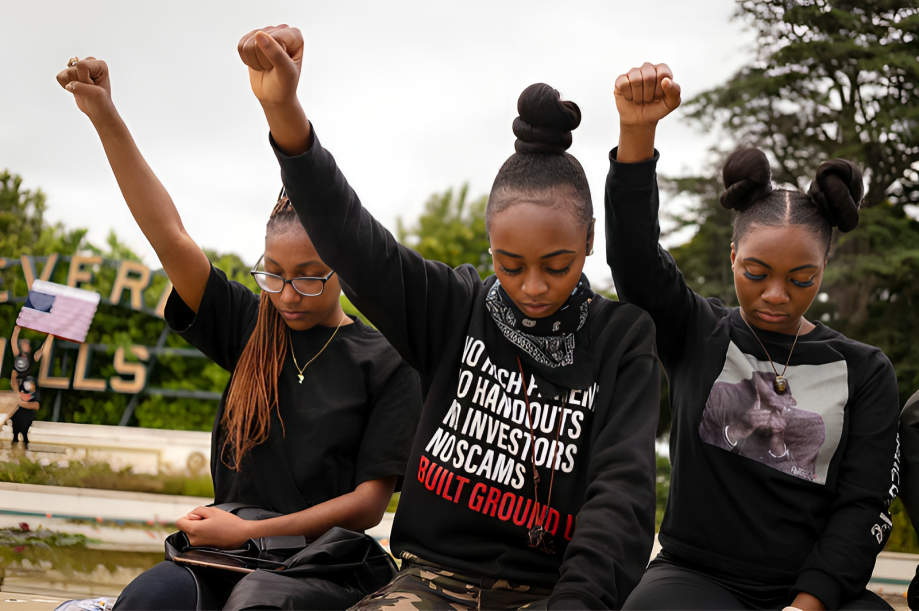Uniting Nations: A Momentous Summit for Reparations
In a significant milestone, the collaboration between the African Union and the Caribbean Community (Caricom) during the Ghana summit signals a powerful alliance aiming to address the enduring repercussions of historical mass crimes. The culmination of the four-day conference in the Accra proclamation sets the stage for a new era in the reparations movement.
Recognizing the Imperative for Restitution
President Nana Akufo-Addo‘s poignant plea for formal apologies from former European slave-owning nations resonates deeply, acknowledging the profound economic, cultural, and psychological toll of the transatlantic slave trade. While monetary compensation falls short, the emphasis lies in recognizing and rectifying the enduring impacts of this abhorrent history.
Keep Reading
Global Responses and Ongoing Resistance
Despite acknowledgments from some nations like Germany and the Netherlands, the UK’s hesitancy and Prime Minister Rishi Sunak’s rejection of reparatory justice highlight the challenges ahead. Yet, noteworthy commitments, such as Glasgow University and the Church of England’s pledges, indicate a growing acknowledgment of the necessity for reparations.
A Pivotal Shift Towards Justice
Caricom’s ten-point plan underscores the demand for formal apologies, debt relief, and substantial investments in healthcare and education. The estimations presented in the Brattle report, positioning the UK’s reparations owed to Caribbean islands at £18.8 trillion, underline the gravity of historical exploitation and the substantial redress owed.
Momentum Towards a Just Future
The unity forged between African and Caribbean nations, coupled with evolving conversations on reparatory justice and significant acknowledgments, signifies a watershed moment. The pursuit of reparations extends beyond financial recompense, aspiring to heal historical wounds and pave the way for a more equitable and just future.

